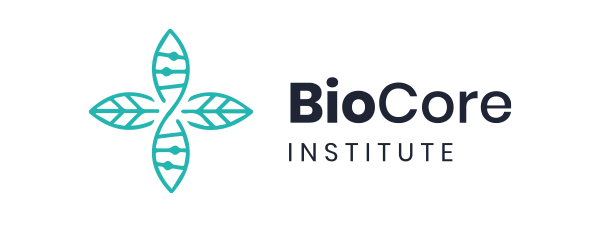The potential of cannabinoids in the COVID-19 pandemic
Short description
Coronavirus disease-2019 (COVID -19), caused by Severe Acute Respiratory Syndrome coronavirus-2 (SARS-CoV2), a potentially fatal disease, has led to a public health crisis worldwide. The infection is mild in most cases, but in elderly patients and those with cardiac and respiratory disease, it can progress to pneumonia with fever, acute respiratory distress syndrome, multiple organ failure, and death.
Extensive research over the past year has led to the understanding that the virus primarily attacks the epithelium of the respiratory tract, using ACE2 and TMPRSS2 receptors as entry points for cell entry. Any infection with SARS-CoV2 is closely associated with excessive inflammatory events, with monocytes/macrophages and T cells playing a particular role. This manifests as abnormal release of proinflammatory cytokines leading to lung injury and multi-organ failure.
In an attempt to reduce all-cause mortality, it is therefore important to identify new therapeutic options that have a favourable safety profile, a multitargeted action, can synergistically attenuate the cytokine storm, and should be immunomodulatory rather than immunosuppressive. There is a compelling case for the use of cannabis as a potential treatment strategy for COVID -19 -related complications; however, further mechanistic research is required to provide further evidence for its use in such situations.

Therefore, we aim to identify specific molecules in the plant that are able to suppress the immune response against the COVID -19 coronavirus – which causes inflammation and severe disease – to reduce the immune system response without suppressing it too much, thus providing a better complementary treatment to steroids that completely suppress the immune system. In addition, we aim to identify which cannabinoids and/or terpenes can be used to alter gene and protein expression of ACE2 and TMPRSS2, opening a new avenue to develop preventive strategies for COVID19.
Specific objectives of the project include the development of a functional in vitro lung inflammation model using the air-liquid interface (ALI) of primary airway epithelial cells in co-culture with immune cells and the use of SARS-CoV-2 virus-like particles (VLPs) to stimulate cells and study their response to cannabis extracts and cannabinoids in order to develop new therapeutic strategies for COVID -19 infections.

